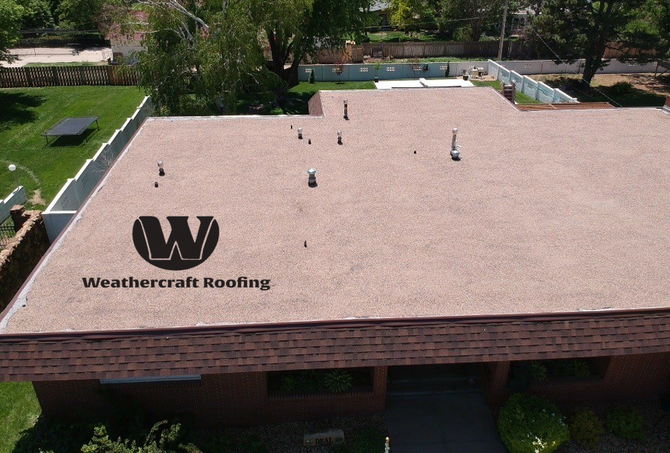Selecting the right industrial roofing system is key to protecting your property and ensuring long-term durability. Whether installing a new roof or maintaining an existing one, knowing your options and their benefits can save you time, money, and stress. Here’s what you need to know about industrial roofing.
Things to Keep in Mind for Your Industrial Roofing Project
Industrial roofing requires careful planning and consideration due to the unique needs of large-scale properties. Some key factors to keep in mind include:
- Building Use: Understanding the function of your building is key—whether it requires heat resistance, weatherproofing, or soundproofing. This will guide the selection of the best roofing system.
- Environmental Conditions: Consider your local climate—extreme temperatures, heavy rainfall, or snow can all affect roofing materials. Select a roofing system designed to handle these conditions.
- Budget: While industrial roofing can be costly, finding the right balance between quality and affordability ensures you get the best return on investment.
- Energy Efficiency: Choosing energy-efficient roofing can reduce long-term utility costs. Consider materials that help improve insulation and lower heating and cooling expenses.
Types of Industrial Roofs: Built-Up, Metal, and Modified Bitumen
Various industrial roofing systems are available, each with unique benefits depending on the requirements of your building. Here are the most common types.
Built-Up Roofs (BUR)
Built-up roofing systems are made of multiple layers of materials, typically tar and gravel, providing excellent waterproofing. BUR is durable, offers good insulation, and can handle harsh weather conditions, making it ideal for large industrial buildings. However, the installation process can be lengthy and labor-intensive.
Metal Roofs
Metal roofing is a popular choice for industrial buildings due to its durability and low maintenance. It’s highly resistant to extreme weather, including heavy snow, rain, and strong winds. Metal roofs are also energy-efficient, as they reflect sunlight, reducing cooling costs. They come in a variety of materials, including steel, aluminum, and copper, to suit different needs.
Modified Bitumen Roofs
Modified bitumen is a hybrid material that combines asphalt and rubber or plastic, offering flexibility and long-term durability. It is ideal for low-slope industrial roofs and can be installed using heat or cold methods.
Maintenance Tips to Extend the Life of Your Industrial Roof
Routine maintenance is vital to ensuring your industrial roof lasts longer and avoids expensive repairs. Here’s how to maintain your roof effectively:
- Regular Inspections: Have your roof inspected by professionals at least once a year to catch early signs of damage, like cracks, leaks, or debris buildup.
- Clean Gutters and Drains: Keep gutters and drains free of debris to avoid water accumulation that could damage your roof.
- Prompt Repairs: Address any issues quickly to prevent further damage. Delaying repairs can result in larger, more expensive problems later.
- Coating and Sealing: Protective coatings and sealants can prevent moisture and UV damage, helping to extend the roof's life.
The Importance of Hiring a Specialized Roofing Contractor
Because industrial roofing projects are unique, it’s crucial to hire a contractor with specialized experience. They can ensure proper installation, recommend the right materials, and provide maintenance support.
Conclusion: Choosing the Right Roofing for Your Business
The right industrial roof is vital for property protection and long-term savings. Whether you choose BUR, metal, or modified bitumen, understanding each system’s advantages helps make the best choice. Partner with a roofing expert for optimal results.
Need help with your industrial roofing project? Contact us today for expert advice and a tailored solution to meet your needs!

#IndustrialRoofing #CommercialRoofing #RoofInstallation #BuiltUpRoof #MetalRoofing #ModifiedBitumen #RoofMaintenance #EnergyEfficientRoofing